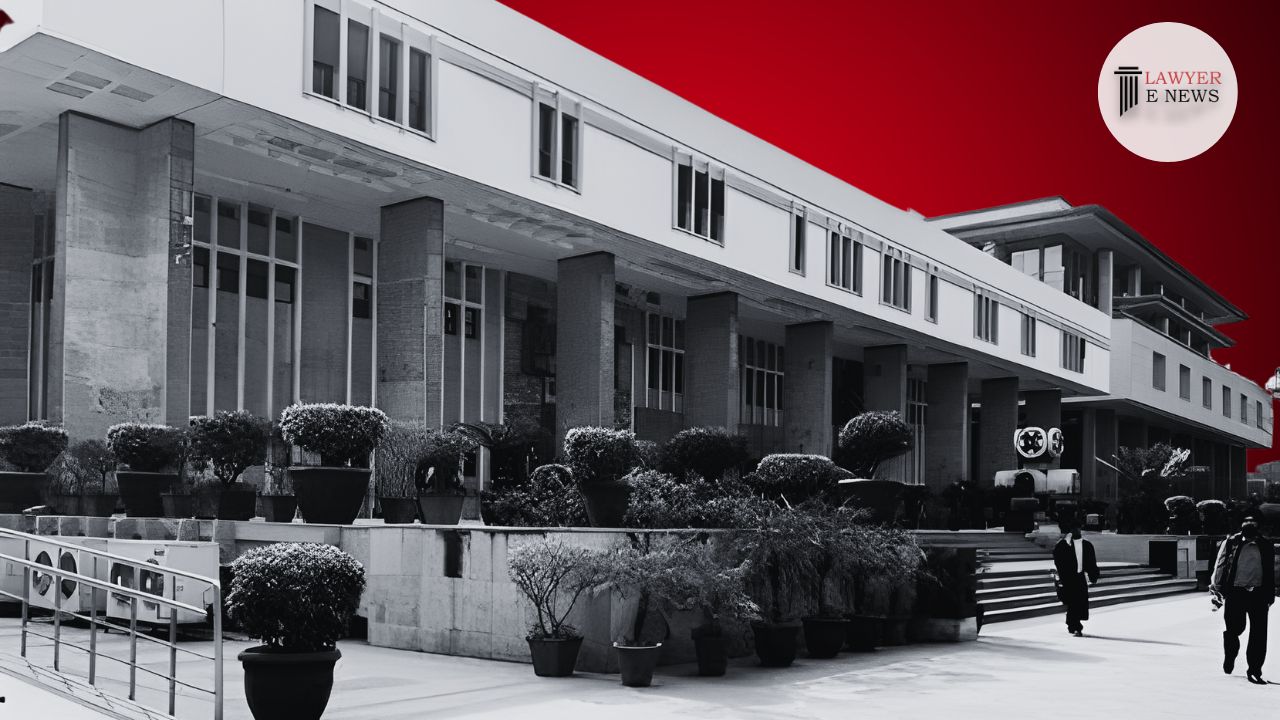-
by sayum
14 February 2026 2:22 PM



High Court of Delhi set aside a lower court’s decision, restoring a complaint in a notable cheque dishonour case. The judgment, delivered by Hon’ble Justice Saurabh Banerjee, highlighted the significance of proper legal procedures and the court’s approach towards procedural lapses.
In the case of Adarsh Gaur versus State of NCT of Delhi & Anr., the High Court criticized the trial court’s decision to acquit the respondent based on procedural irregularities. Justice Banerjee asserted, “Procedural defects concerning tracking reports were curable and should not have led to dismissal of the complaint,” emphasizing that such lapses are not grounds for acquittal when substantive justice is at stake.
The case revolved around the respondent’s failure to honor a cheque amounting to Rs. 80,500, which was meant for covering unpaid rent and additional charges. The trial court had previously acquitted the respondent, citing inadequacies in the legal notice and discrepancies in the postal receipts.
The High Court, however, found that the trial court overlooked crucial admissions made by the respondent about their liability. The judgment further stated, “The absence of a certificate under Section 65B cannot render the evidence inadmissible,” referring to the Indian Evidence Act, 1872, which deals with electronic records.
This landmark decision is significant in the realm of cheque dishonour cases under the Negotiable Instruments Act, 1881, as it clarifies the importance of procedural aspects while ensuring that they do not overshadow the pursuit of justice.
The High Court has directed the trial court to proceed with the case in accordance with the law, providing the appellant with an opportunity to address the procedural shortcomings.
Date - December 18, 2023
ADARSH GAUR VS STATE OF NCT OF DELHI & ANR.
